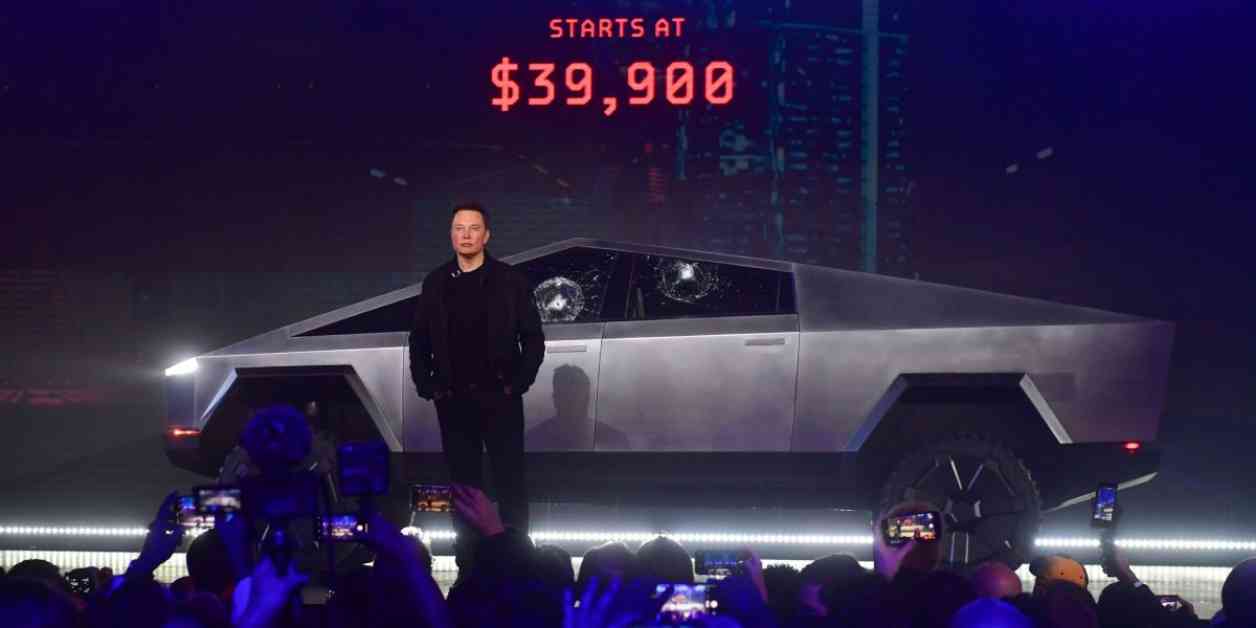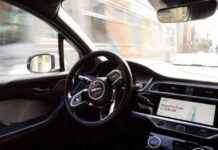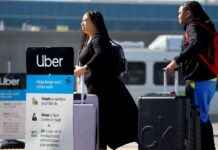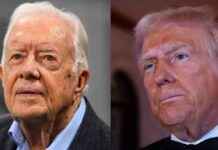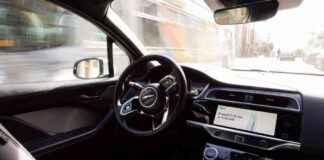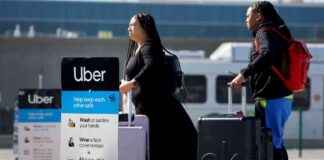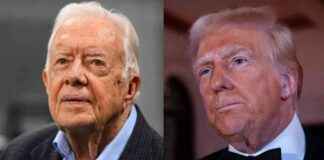The U.S. State Department is contemplating purchasing armored Tesla vehicles from billionaire entrepreneur Elon Musk in a deal worth $400 million. This potential acquisition has sparked widespread interest and speculation, as it could mark a significant shift in the government’s approach to security and transportation.
Elon Musk, the maverick CEO of Tesla, made headlines once again with the unveiling of the all-electric, battery-powered Cybertruck at the Tesla Design Center in Hawthorne, California on November 21, 2019. The futuristic design and cutting-edge technology of the Cybertruck captured the attention of the public and government officials alike, leading to discussions about its potential use for diplomatic missions and high-security operations.
State Department Considers Unconventional Vehicle Fleet
The State Department’s consideration of purchasing armored Teslas reflects a growing trend towards adopting innovative and sustainable solutions for government operations. As traditional armored vehicles have faced criticism for their environmental impact and high maintenance costs, the appeal of electric vehicles like Tesla’s Cybertruck lies in their eco-friendly design and lower long-term expenses.
Moreover, the advanced features and autonomous capabilities of Tesla vehicles offer a level of security and efficiency that traditional armored vehicles may lack. With the ability to navigate challenging terrains and adapt to various driving conditions, the Cybertruck presents a versatile option for diplomatic missions in diverse locations around the world.
Challenges and Opportunities in Government Procurement
While the prospect of purchasing $400 million worth of armored Teslas may seem like a bold move, it raises questions about the feasibility and practicality of such a decision. Government procurement processes are often complex and subject to rigorous scrutiny, requiring thorough assessments of costs, benefits, and risks before finalizing any contracts.
In this case, the State Department must weigh the potential advantages of acquiring Tesla vehicles against the challenges of integrating them into existing fleets and infrastructure. Additionally, concerns about cybersecurity and data privacy may arise due to the advanced technology embedded in Tesla vehicles, posing potential security risks that need to be addressed.
As the discussions between the State Department and Tesla continue, both parties must collaborate closely to ensure a successful procurement process that meets the needs of the government while upholding the highest standards of safety and security.
In conclusion, the State Department’s consideration of purchasing $400 million armored Teslas from Elon Musk represents a bold step towards modernizing government operations and embracing sustainable technology solutions. While challenges and uncertainties may accompany this decision, the potential benefits of incorporating innovative vehicles like the Cybertruck into diplomatic missions are significant and worth exploring further.
The outcome of these negotiations will not only impact the State Department’s vehicle fleet but also set a precedent for future government procurement practices in the era of electric and autonomous vehicles. As the world moves towards a more sustainable and technologically advanced future, initiatives like this highlight the importance of innovation and collaboration in shaping the government’s approach to security and transportation.
